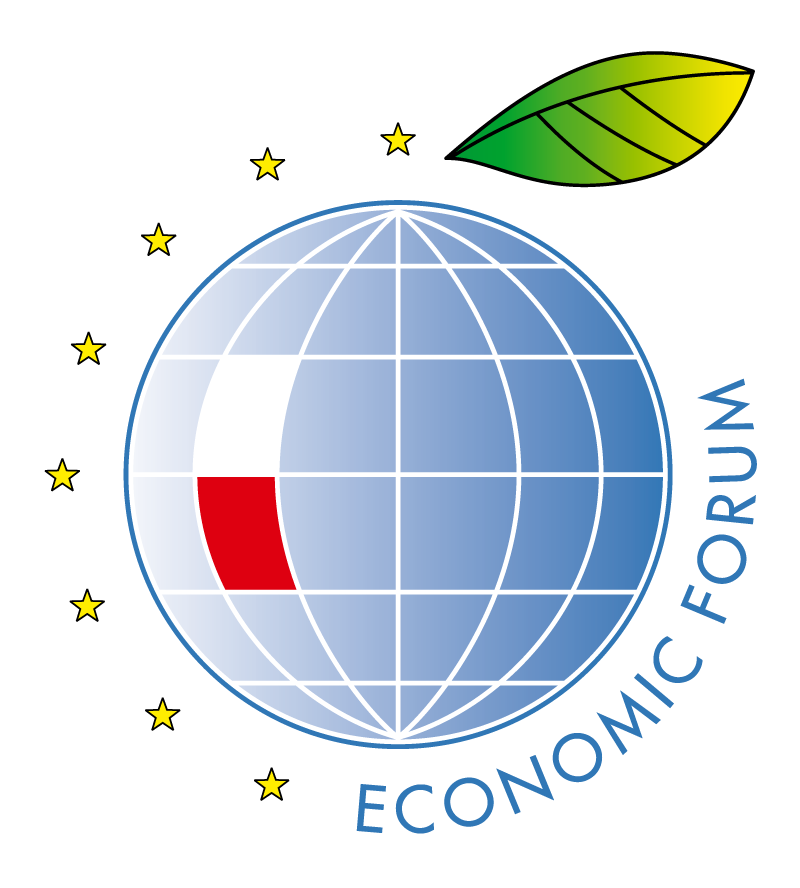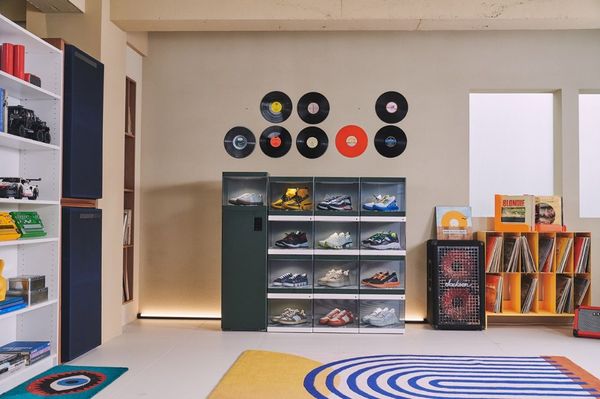Industry stakeholders rarely discuss this topic, but we tried to catch them at the Economic Forum in Karpacz, Poland. So, is businesses’ commitment to environmental protection indeed just a marketing ploy? Read our article to find it out!
The Economic Forum, the largest conference in Central and Eastern Europe, was held for the 31st time in the southwestern Polish resort town of Karpacz this year. The theme of the Forum was: „Europe in the Face of New Challenges.” Given the events of the past months, it may sound like a clearly defined topic, but it covered a broad range: there were discussions from cyber security to the energy crisis, investment, and sustainability. We attended a series of panel discussions on sustainable development and environmental protection with sessions on recycling, eco-friendliness, and business and consumer behavior.
Did consumers become eco-conscious first, and corporate marketing simply exploit it, or are companies driven by their conscience and social responsibility to create greener business models? Politicians and business stakeholders discussed this question on the „ECO en vouge” panel.

Urszula Pasławska took a quite strong position on the question by stating that we cannot expect either society or companies to adopt greener solutions, to use less plastic, or recycle. She believes that although people are becoming increasingly aware of climate change by experiencing hotter summers and droughts, we still need laws to protect our planet. We must approve European directives jointly and ensure that all Member States comply.
Tomasz Kobierski, Chairman of the Management Board of MTP Group, believes that companies have a duty to demonstrate to their employees and consumers that they are committed to the fight for the environment. Whereas fifteen years ago, environmental protection was simply a trend, now a firm has to meet criteria from all sides, including a legal and consumer satisfaction angle. An event must be green and sustainable now, with a minimal ecological footprint, not only for pragmatic reasons but also because it is advantageous from a business perspective. So, it is an opportunity for a company and its target group to motivate each other.
Anna Grabowska, Chief Commercial Officer of the Polish Żabka, agreed with Kobierski. Running a chain of convenience stores is not easy, as several interests must be satisfied at the same time. The franchise has seven thousand store owners and tens of thousands of employees, who have to be as satisfied as their customers. A sustainable lifestyle is in everyone’s interest; therefore, they use paper bags instead of plastic ones and prefer recycled packaging.

Partly in response to Grabowska, Valéry Gaucherand, Vice President of L’Oréal Poland & Baltics, highlighted that the process of environmental pollution in a company’s operation neither begins nor ends with the final product and its packaging. If we look at the whole production chain, there are many points at which a company can impact the environment, from transport to commuting employees. Scientific research has found that people trust companies the most, meaning they have a crucial role in educating and leading society.
According to Grzegorz Smereka, Vice President of the Board of Directors of Impel System, every small step counts as climate change is not happening by chance but is a result of human activities. On the one hand, corporations must reduce unnecessary waste such as paper hand towels which are only a convenience, and alternative solutions exist and must be provided, while on the other hand, the masses must also be influenced and educated. We need crucial and decisive legislation and actions both on the national and EU level to help society and businesses to curb climate change. However, the necessary transitions are expensive and time-consuming, and long-term investments are the best way to make a difference.
Regarding costs, Anna Grabowska believes that consumers, in general, are not willing to dig deeper into their pockets for eco-conscious solutions. Therefore, as a first step, companies should include environmental protection as a separate expense in their business plans. She thinks that people, in theory, are ready for changes; they are excited or even expecting greener solutions but too pragmatic to pay more for them.
L’Oréal’s representative agreed but added that sustainability and business growth are not mutually exclusive. L’Oréal could double its sales while halving its carbon footprint as a result of a decades-long process. The French corporation does not embark on a new project if the positive social and environmental impact is not granted. This is neither obvious nor always easy; the company has to put a lot of effort into making decisions in line with this principle, but this is the only way to grow the business and positively influence people. Furthermore, he believes that the most important asset a company can nowadays have is trust. A company can have an excellent product, brilliant marketing, and a great business model, but it will not be successful if the customers do not trust it. And trust can be built by engaging in one of the largest challenges of our time.

Żabka and L’Oréal are located at different points in the supply chain; still, the companies’ representatives agreed that the corporations’ cooperation and joint planning could extensively help educate our society.
When the conversation turned to the present energy crisis, Grzegorz Smereka confidently stated that corporations must remain consistent in these challenging times. People mirror corporations’ attitudes, so if they would see that in difficult times the future of our planet is not a priority, we undermined the positive progress of recent years. We can hope that the Russo-Ukrainian war will end soon; still, realistically, the current energy crisis makes it difficult for a long time for sustainability and green solutions to gain ground.
Tomasz Kobierski believes that such crisis periods are also an opportunity to accelerate processes that would normally take decades, whether it is the question of energy independence or the integration of more distant markets, such as the American or Canadian, with Eastern Europe. Anna Grabowska added that the accelerated digitalization during the pandemic and the large-scale use of renewable energy sources are also examples of this phenomenon.

In addition to renewable energy, Poland is preparing to reform its recycling system with a new scheme to come into force in 2023. This was the next panel’s topic, where legislators and industry stakeholders discussed the emerging questions. The participants were Renata Juszkiewicz, President of the Board of POHiD (Polish Trade and Distribution Organization), Ryszard Machoj, Member of the Management Board of Lidl Poland, Piotr Romańczuk, Regional Director for the Environment at Maspex, Maciej Ptaszyński, Vice President of the Polish Chamber of Commerce, and Janusz Cepryński Ciekawy, Vice President of the Polish Glass Manufacturers Federation.
The conversation opened up more questions than it answered. The legislation on the new system is still an incomplete draft, meaning no one can know yet what will be the detailed rules. Still, as outside observers, we could see how difficult it is to reconcile different stakeholders’ different interests. The shop managers and owners are willing to accept eco-friendly measures, but if the law requires shops of 80-90 square meters to be equipped with a recycling station, it would simply destroy the spaces designed with square centimeter precision.
There was also no consensus among the panelists on whether EU laws should be seen as a minimum requirement or if it is enough to merely comply with what is required by the EU. More precisely, the debate was on glass recycling: if the EU does not require glass to be collected, why do Polish authorities push for it? It is difficult to be in a legislative role in such a situation as lawmakers have to comply with the EU rules while also considering the citizens’ and the planet’s interests, and the corporations’ opinions cannot be ignored either. It is a matter of opinion and ideological beliefs about how much governmental influence should be on companies’ operations. Still, the debate illustrated well that their own interests are the first for corporations. If something is inconvenient or disadvantageous for them, they immediately shout that the laws are excessive and unnecessarily strict, which seems hypocritical from an eco-friendly perspective.


„I guess you can never learn too much about anything.” – An interview with Sylwia Lipka

LG creates the future of stylistic storage solutions for sneakerheads










